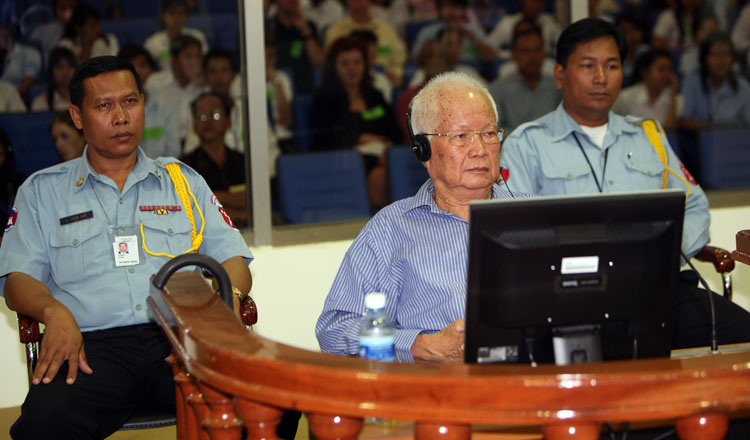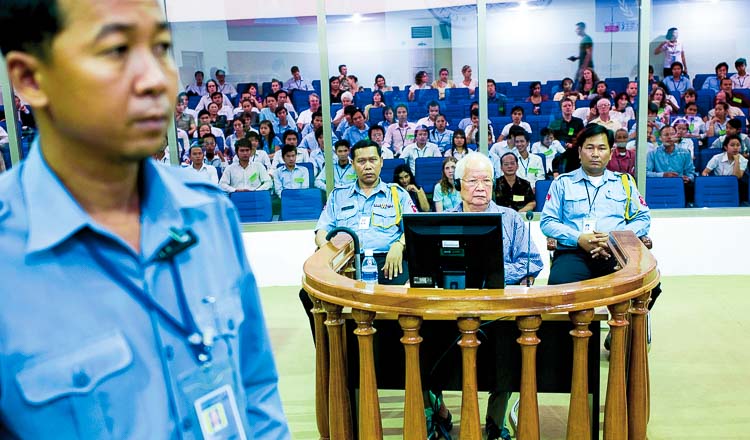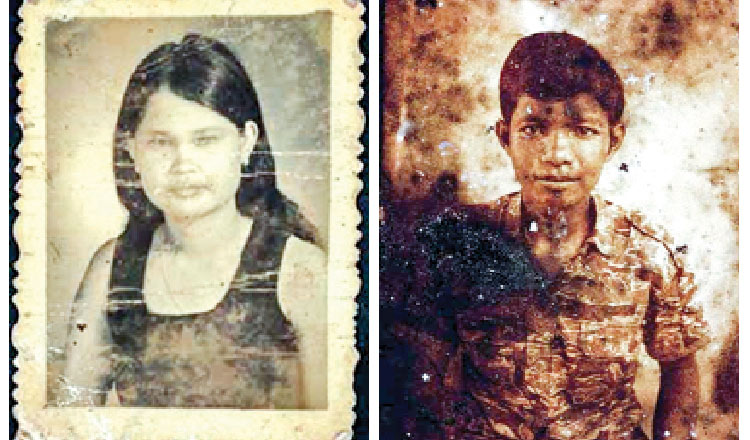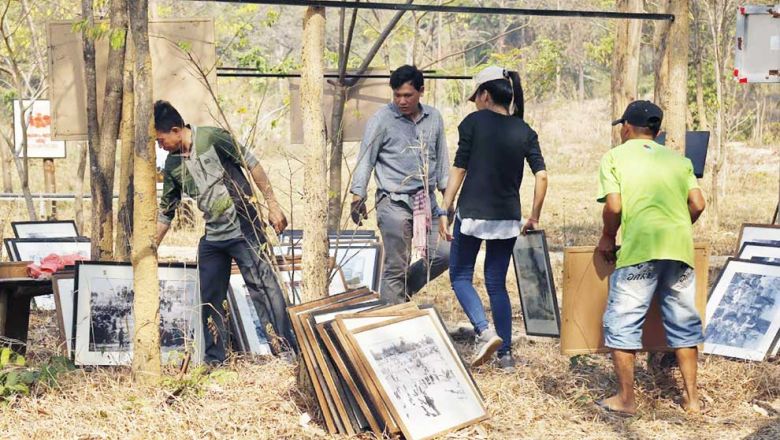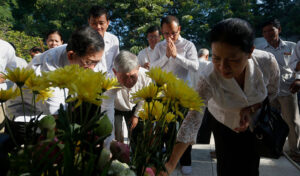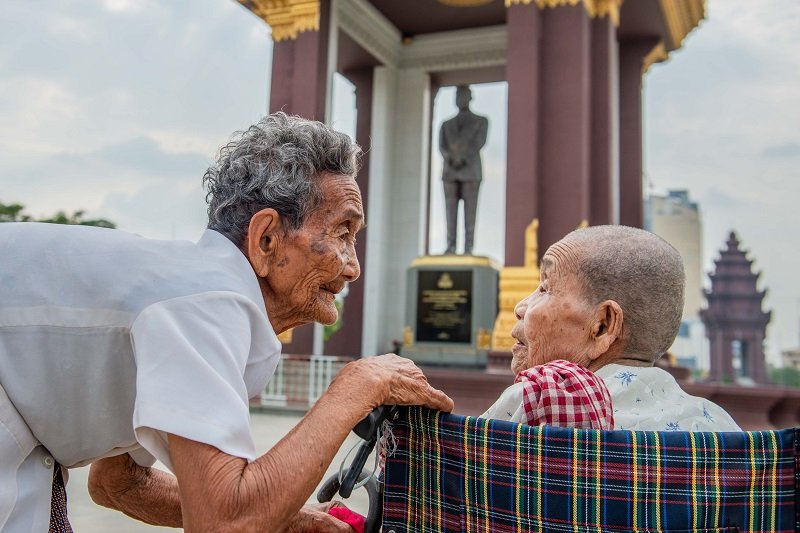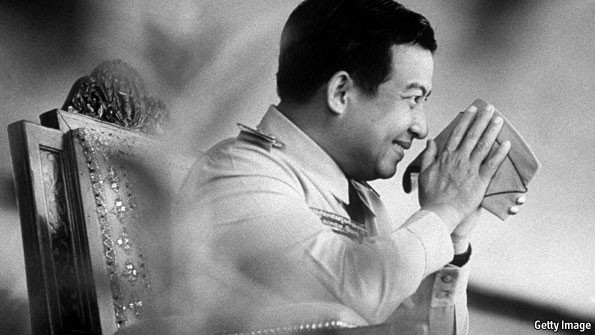Japan Provides Nearly One Million Dollars to ECCC
The Japanese government has contributed nearly $1 million to the United Nations component of the Khmer Rouge tribunal to support its operation.
According to the Japanese Embassy’s statement issued yesterday, its government disbursed $960,000 to support the tribunal’s judicial process.
“Japan encourages the Extraordinary Chambers of the Court in Cambodia to proceed with the remaining cases in a fair, efficient and expeditious manner, given the advanced age and frail health of the persons accused and to achieve the long-overdue justice for the people of Cambodia,” the statement said.
The financial assistance from Japan has so far amounted to $88.5 million, including $960,000, about 29 percent of the total funds contributed by donors to the national and UN components of the ECCC, it said.
Tribunal spokesman Neth Pheaktra yesterday applauded Japan’s assistance.
“We thank the Japanese government for supporting the ECCC since its inception,” Mr Pheaktra said, adding that the nation is the biggest donor.
He said that from 2006 up to the present, the ECCC received $312.48 million from 35 donor countries, of which $227.47 million was for the international component and $85.01 million for the national side.
Mr Pheaktra said that according to the proposed budget for 2020-2021, the ECCC requested $34.38 million; $18.50 million for 2020 and another $15.88 million for 2021.
The international component of the ECCC needs about $24.56 million for 2020-2021 to conduct its activities, while its national component requires about $9.83 million, he said.
An estimated 1.7 million people died of overwork, starvation, disease and execution during the 1975-1979 Khmer Rouge regime.
Since its establishment in 2006, the tribunal has convicted three senior leaders and sentenced them to life imprisonment, including S-21 prison chief Kaing Guek Eav, alias Duch. Nuon Chea, former deputy secretary of the Communist Party of Kampuchea, died last year.
Former head of state Khieu Samphan is awaiting his appeal to the Supreme Court Chamber. He was sentenced to life imprisonment over genocide, crimes against humanity and breaches of the Geneva Conventions of 1949.

